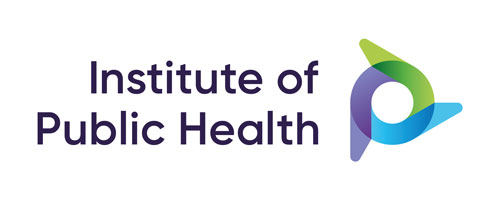How climate change impacts our health

Climate change is the single greatest challenge of the 21st century, according to the World Health Organization (WHO). It is not limited to impacts on the environment but has direct and indirect effects on our health and everyday lives.
The direct effects are many. Across the globe, extreme heat, rising sea levels, floods, droughts, and storms have already led to tens of thousands of deaths every year.
The roots of the climate crisis are also exacerbating another public health issue, air pollution. It accounts for approximately seven million premature deaths worldwide every year and is a major risk factor for diseases, including heart disease, lung disease, and stroke.
Indirectly, climate change is also impacting our food and water security, increasing the transmission of infectious diseases, disrupting healthcare systems, and displacing communities.
Despite the scale of the challenge, there are opportunities for positive change and health gains, according to Jenny Mack, a public health medicine consultant at the Institute of Public Health and a member of the Faculty of Public Health.
“The World Health Organization has estimated that the value of health gains from climate action should be around double the cost of mitigation policies at a global level. Moving away from fossil fuel combustion, improving active travel infrastructure, adopting a more sustainable food system – these are just some of the ways that we can improve health outcomes and reduce emissions through climate action,” says Mack.
The consensus in the scientific world is that urgent action is required to reach net zero emissions as quickly as possible, to limit global warming to 1.5°C.
Strong leadership, transboundary working, and a “climate in all policies” as well as a “health in all policies” approach are also vital, Mack adds.
“Inaction is not an option. It is time that we come together – north, south, east, and west – to face this public health emergency as the window of opportunity is closing. We must reduce our contribution to greenhouse gas emissions and make sure that our infrastructure, our health services, and our communities are adapting to our changing climate. There is no time for complacency, we must act now to protect the future of our island and to safeguard the generations to come,” Mack concludes.
Key facts about climate change and health:
• Almost 25 per cent of all estimated global deaths are linked to environmental factors.
• Air pollution is a major health threat on the island of Ireland, contributing to an estimated 1,800 premature deaths each year.
• Northern Ireland has experienced a 2,050 per cent increase in the occurrence of extreme weather events between 2000 and 2019 (from four to 86).
• Around 33,000 people in Northern Ireland live in areas at significant risk of flooding.
• At least 300 communities have been identified as being at significant risk of flooding in Ireland.
• Belfast had the highest carbon emissions per capita of UK capital cities in 2019.
E: jenny.mack@publichealth.ie
W: www.publichealth.ie






